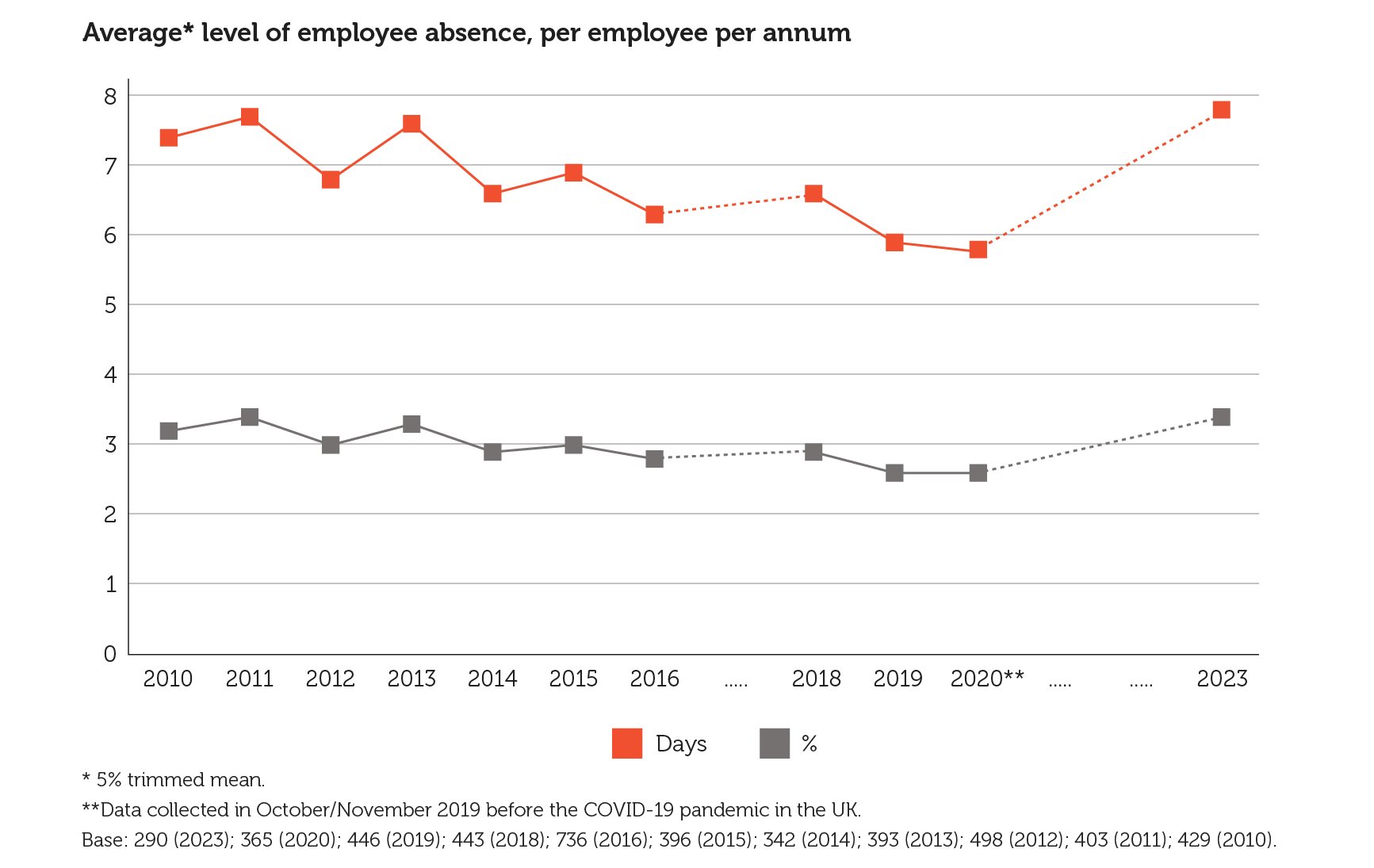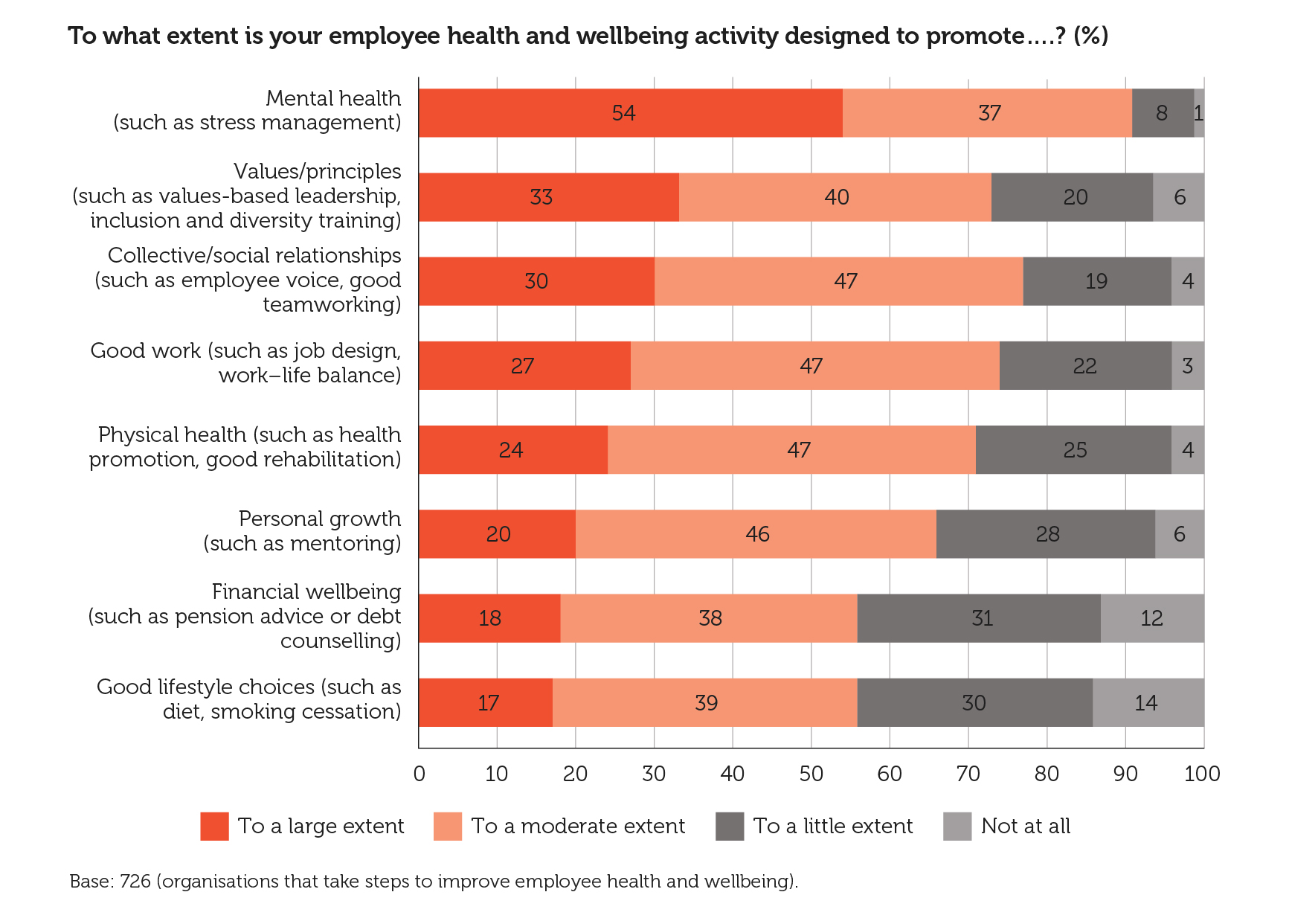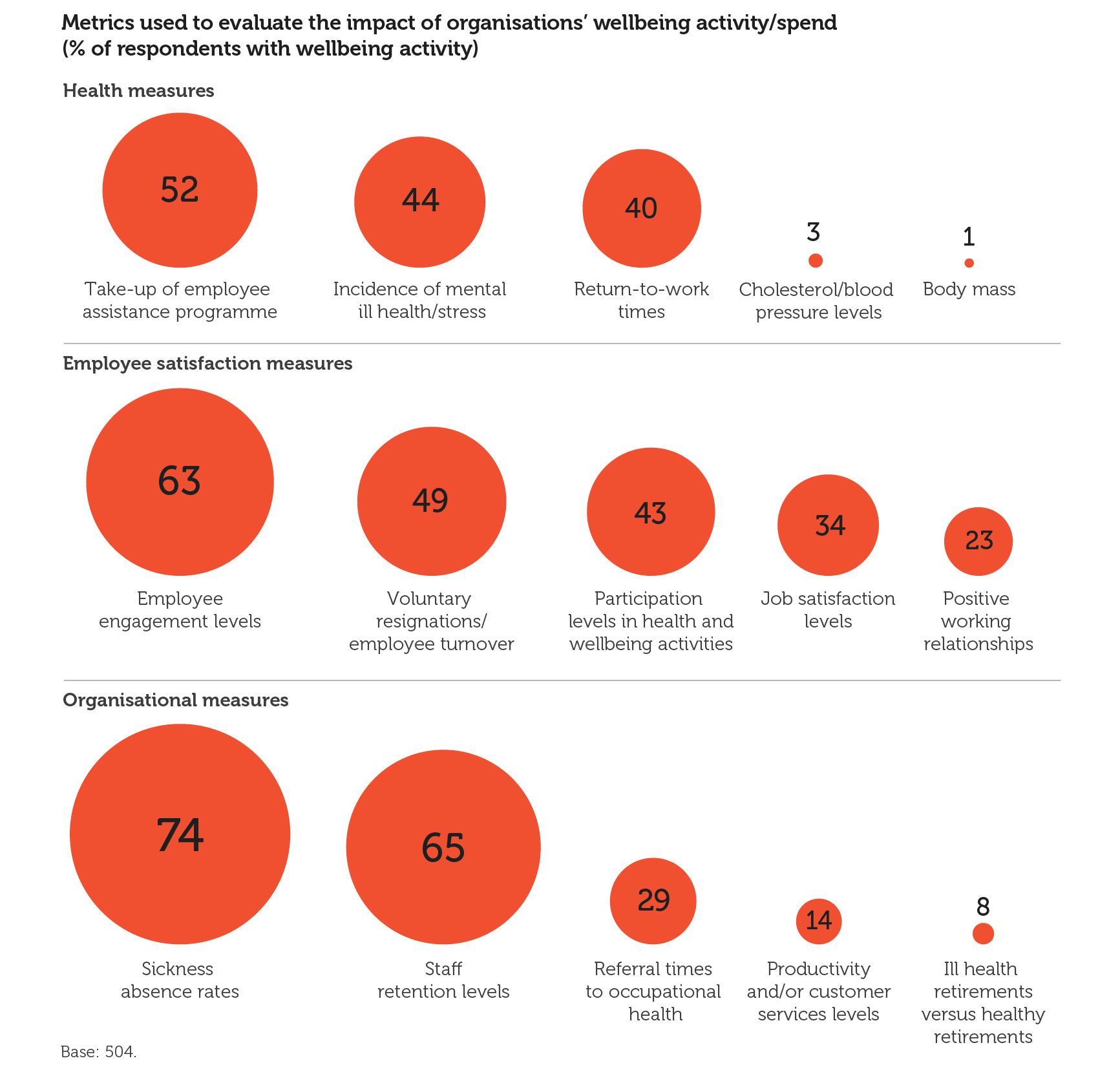Health and wellbeing at work
Explore the findings and recommendations from the CIPD’s survey exploring health, wellbeing and absence in UK workplaces
Explore the findings and recommendations from the CIPD’s survey exploring health, wellbeing and absence in UK workplaces
 |
 |
 |
|
This year we have also examined what employees think about health and wellbeing at work using our Good Work Index data.
Tackling barriers to work today whilst creating inclusive workplaces of tomorrow.

A Northern Ireland summary of the CIPD Good Work Index 2024 survey report

A Northern Ireland summary of the CIPD Good Work Index 2024 survey report


Dedicated analysis of job quality and its impact on working lives in Scotland

A North of England summary of the CIPD Good Work Index 2024 survey report